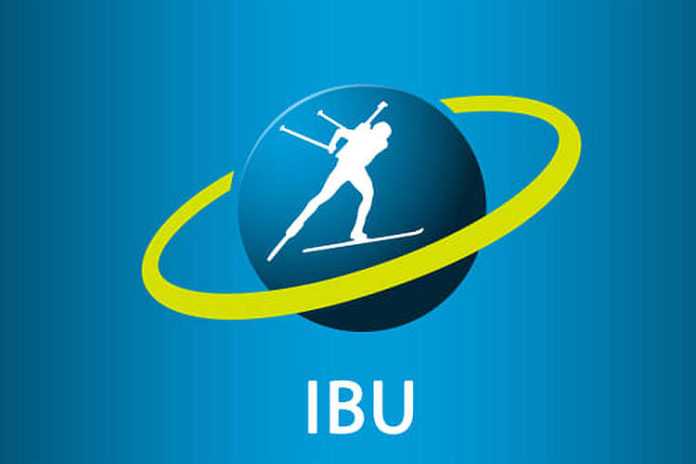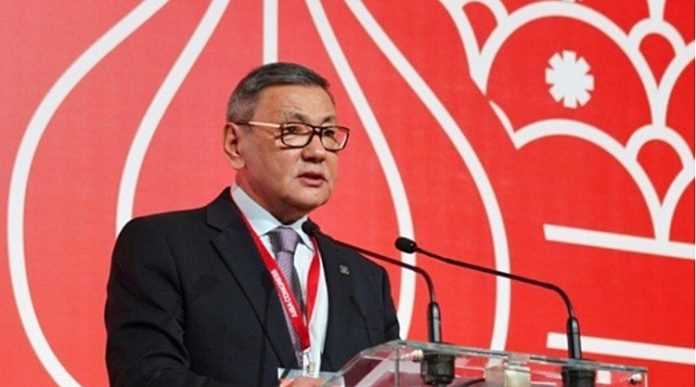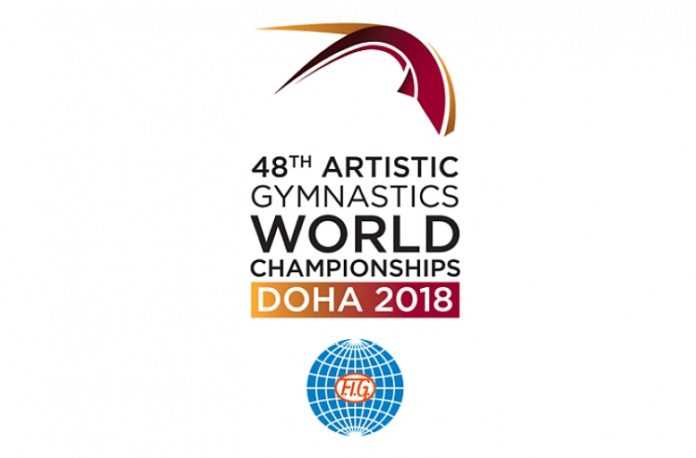One of the international sports federations in hot water over the past several months has been the International Biathlon Union (IBU), which had its president step aside and its secretary-general suspended over an investigation of possible bribes to ignore Russian doping positives.
The International Olympic Committee noted the turmoil and suspended payments of Winter Games television money to the federation last June. That got everyone’s attention.
The investigation is ongoing, by authorities in Austria and Norway, but the IBU elected a new president, Olle Dahlen of Sweden and extensive reforms on governance, ethics and anti-doping programs were undertaken immediately.
On 2 November, Dahlin met with IOC chief Thomas Bach in Lausanne, and the outcome of their talks was the immediate lifting of all restrictions on the IBU and the resumption of IOC payments to the federation. Of special note in the IOC’s statement was this aspect of the IBU’s reforms:
“Implementation of measures to strengthen the fight against doping, including the completion of a full independent audit of the IBU anti-doping programme, the IBU’s commitment to join the International Testing Agency (ITA), and the notification of anti-doping rule violation charges against four Russian athletes based on WADA independent investigations and other related information from WADA.”
Note the mention of the International Testing Agency, an agency set up by the IOC to handle – completely independently – testing for doping and which has begun active operations. Look for a lot more announcements like this, as the IOC pushes as many federations as possible to use the ITA for testing.
And the IOC announced that it was carrying out additional re-tests on specimens from the 2012 Games in London. Who’s in charge of this? “[T]he IOC has delegated results management to the ITA, which will therefore review all the test results and notify the athletes concerned.”

























